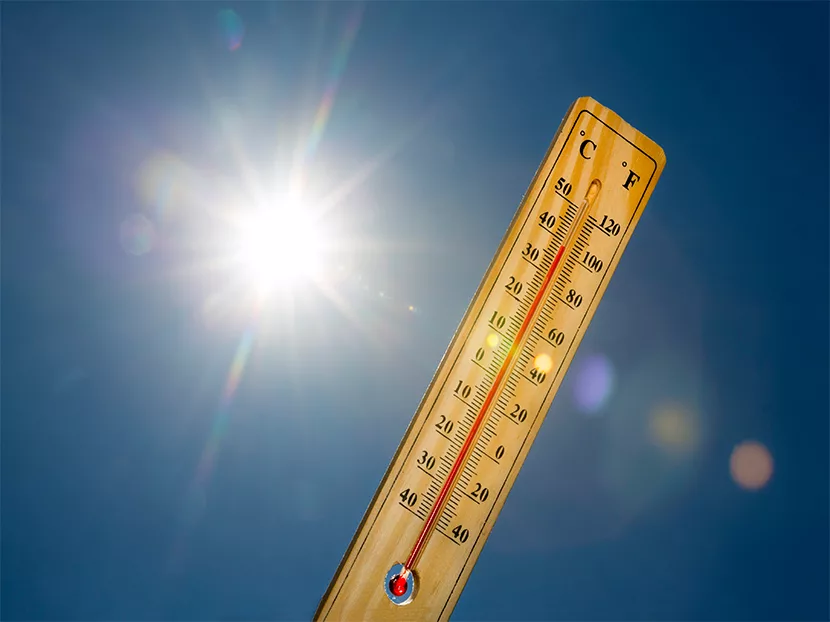Congress members from California and Arizona have co-sponsored a federal legislation that would protect workers in hot conditions and require the Occupational Safety and Health Administration to establish a federal heat stress standard.
Rep. Judy Chu from California first introduced the heat-stress bill as a member of the California State Assembly and has seen a "positive impact on workers' health and productivity."
The Asuncion Valdivia Heat Illness and Fatality Prevention Act requires OSHA to establish a federal requirement that workers in hot conditions have paid breaks in cool spaces, access to water and limitations on how long they can be exposed to heat. The bill is named after a worker who died from heatstroke after working 10 hours straight in 105-degree temperatures.
“According to a 2015 study by OSHA, exposure to heat led to 37 work-related deaths and 2,830 nonfatal occupation injuries and illnesses,” Chu said in a statement announcing the bill. “And it’s only expected to get worse. A new report released last week found that rising temperatures from global warming could cost the global economy as much as $69 trillion by 2100, thanks in part to the impact on workers’ health.”
Construction workers suffer some of the highest rates of heat illnesses, according to bill co-sponsor Rep. Raul Grijalva of Arizona. Between 1992 and 2017, 815 U.S. workers died and more than 70,000 were seriously injured from heat-related events at work. California, Minnesota, and Washington already have heat-stress standards.





